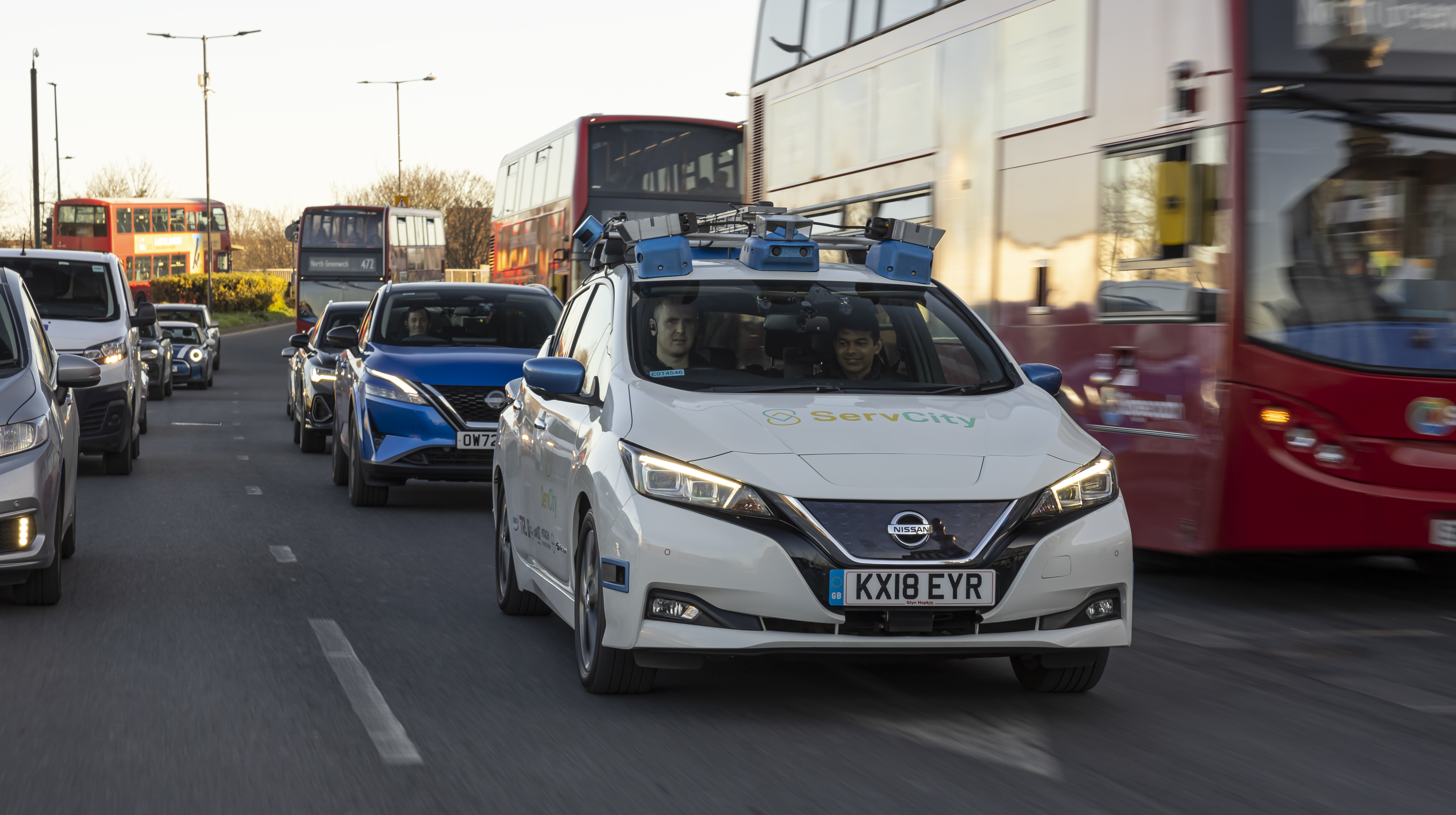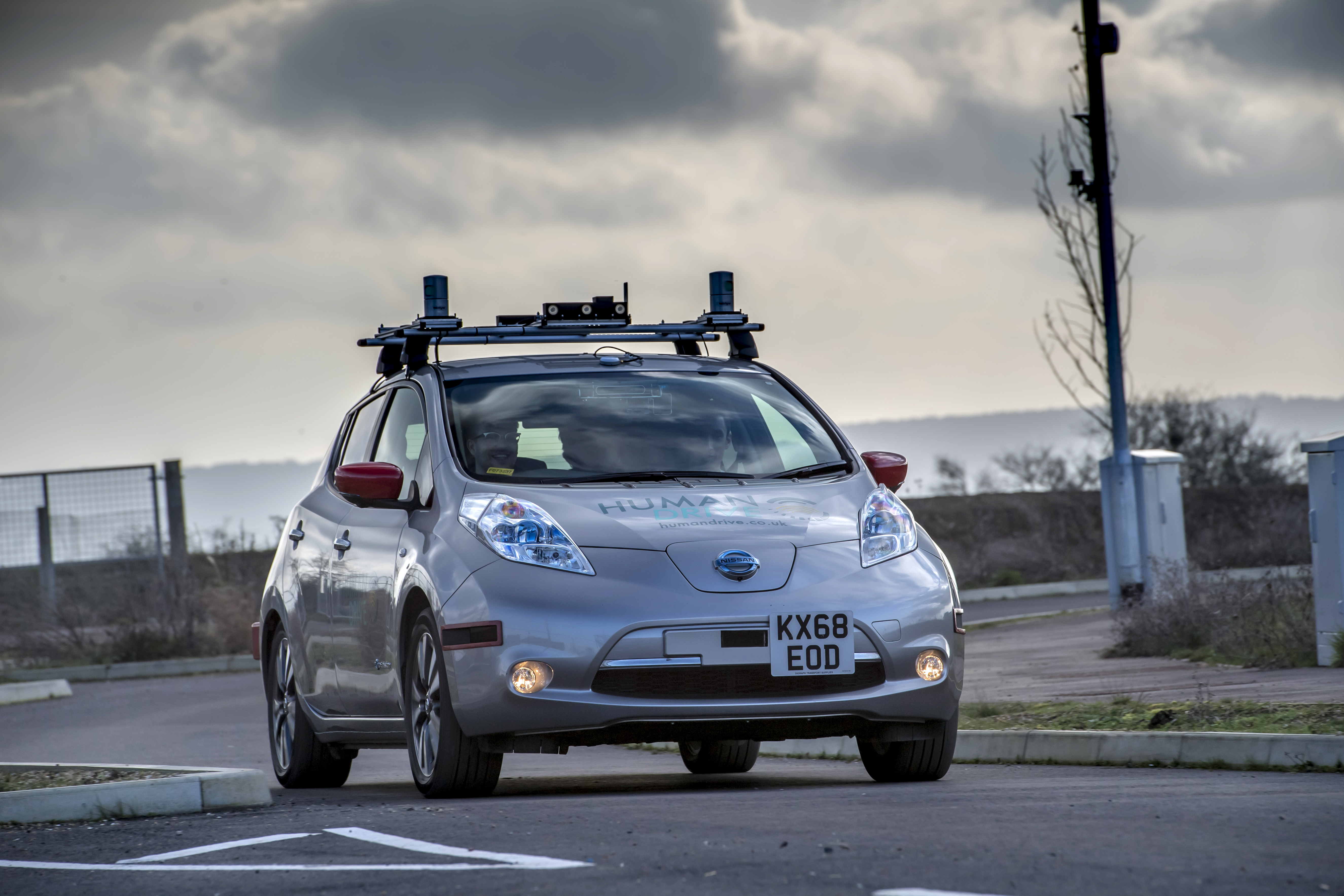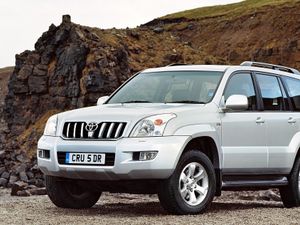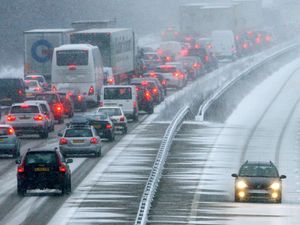How do autonomous cars work and what do you need to know about them?
There’s a lot of talk about self-driving cars – but what do they incorporate and how do they work?
There’s a whole lot of talk about autonomous cars of late. A new Automated Vehicles Bill – proposed as part of the King’s Speech on Tuesday, November 7 – looks to speed up the process of allowing self-driving cars on our roads with an aim to boost the development of the technology.
But what exactly is a self-driving car and how do they work? We’re going to go through the key need-to-know points.
What do autonomous cars use to ‘see’?
Self-driving vehicles rely on a complex array of systems to allow them to see the world around them. It’s worth pointing out that autonomous vehicles are graded on the amount of assistance they provide – with Level 0 meaning no intervention by the vehicle, right the way up to Level 5 where the vehicle is entirely autonomous and requires no operation by the driver.
? Ensure safety is at the heart of self-driving tech
?? Put the UK at the forefront of this growing industry
Transport Secretary @Mark_J_Harper took a ride in a self-driving vehicle with the CEO of @Wayve_ai to see the technology in action. pic.twitter.com/tGuJExjhO4
— Department for Transport (@transportgovuk) November 10, 2023
And while systems do slightly vary between different manufacturers, the vast majority of self-driving cars use a combination of cameras and sensors to create a map of the area around them. This is then combined with the satellite navigation to plot a route ahead. These on-board cameras and sensors can also ‘see’ other road users and take a path that is appropriate depending on what is on the road at the time.
Do cars on sale already have some form of autonomous functions?
That’s right. Though, for now, legislation in the UK means that cars aren’t legally allowed to drive themselves, you’ll find many features in the latest vehicles that can deliver some form of self-driving assistance.
Read our Auto Update from @MikeHawesSMMT looking at:
?new & used car markets both up
?BEV registrations up 42nd month in a row
?Autumn Statement look ahead
?Automated Vehicles Bill welcomedhttps://t.co/Yr0MRMuY0F pic.twitter.com/KmkcjQ8k6P
— SMMT (@SMMT) November 10, 2023
Most of these operate at the Level 2 portion of the assistance scale, meaning that they can help with aspects such as steering and throttle, but only for limited periods of time and with the driver in full control during all periods. Many vehicles use something called Highway Assist, which can be activated at motorway speeds and will work to ‘guide’ a car around a corner but, again, this can only be done for very limited periods of time.
Why do we even need autonomous cars?

>
You might wonder why we even need autonomous cars in the first place. Well, the Department of Transport (DfT) has stated that autonomous vehicles ‘will make transport more convenient and more accessible, improving the lives of millions of people’. The DfT also states that 88 per cent of road collisions have human error involved in some way – so cars that drive themselves could effectively remove this factor.
The DfT adds that its Automated Vehicles Bill could help ‘cement the UK’s position as a global leader in this high tech and high growth industry’, which could result in the creation of up to 38,000 jobs.
Will autonomous vehicles be on our roads soon?

>
Believe it or not, autonomous vehicles have been on our roads for some time already. However, this hasn’t been with owners who are members of the public; instead, it has been manufacturers testing their vehicles who have brought self-driving models to the roads.
Nissan is one of the biggest presences in this area. It has been testing driverless tech-equipped Leaf models around south-east London and has recently started a new research project which will see how these cars cope with residential and rural roads. However, all of these vehicles will still have a human attendant who could take over should anything go wrong.
Are autonomous cars still a way off, then?
Though the technology is being quickly developed, it’s still a huge undertaking to get autonomous vehicles out into the public domain. Testing, as showcased by Nissan, is crucial to this development, while changes in legislation to allow self-driving cars onto the roads is also paramount.
The Automated Vehicles Bill is still some way away from being passed, too, and is currently in its second reading at the House of Lords at the time of writing.
Who will be at fault if an autonomous vehicle crashes?
This is a big sticking point. Currently, the driver is insured – not the car – and if the driver crashes, then they’re at fault. However, a collision involving an autonomous car poses a whole variety of questions. However, the government has consulted to create a new insurance framework entirely for self-driving cars and in 2022 the DfT set out some changes to the Highway Code following a public consultation.
The proposed changes will mean that drivers won’t be held responsive in the event of an autonomous vehicle crash, with insurance providers being held liable in this instance. Again, these rules aren’t in place just yet – this entire framework is expected to be delivered by 2025.





